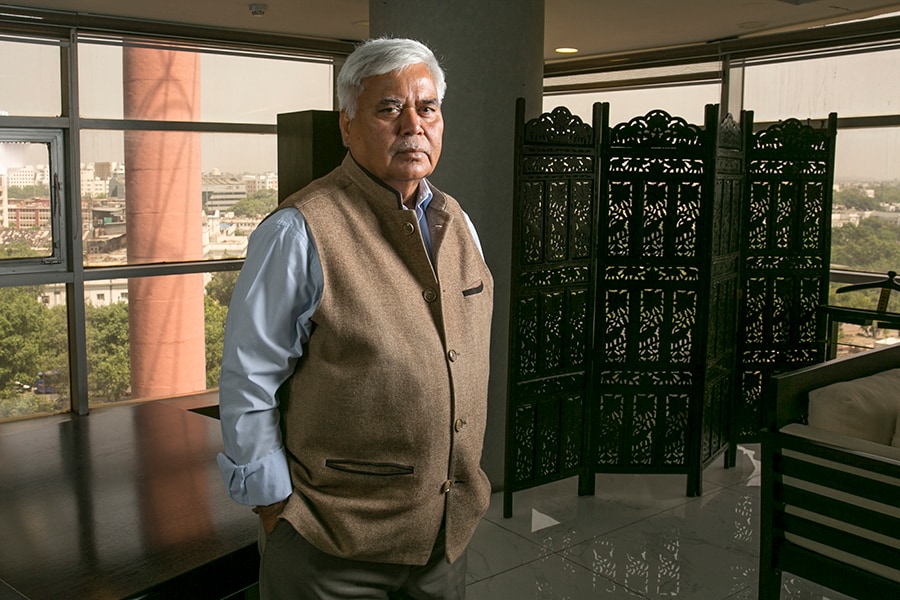
Dr RS Sharma responds to Forbes India's CoWin story
Dr RS Sharma writes a letter in response to Forbes India's story on India's vaccination platform CoWin, dated July 5, 2021, by Divya J Shekhar. Also, Forbes India editor Brian Carvalho responds to the letter
 Dr RS Sharma, CEO, National Health Authority
Dr RS Sharma, CEO, National Health Authority
Ms Divya J Shekhar's article "India wants to take CoWin global, but it remains disempowering for many back home", published by Forbes India on July 5, 2021, is a classic case of heads I win, tails you lose.
Co-WIN, to make it clear at the outset, is neither a one size fits all solution nor a 100% problem solver. Looking at it with a jaundiced eye, the author has attempted to turn virtue into a vice.
Co-WIN is an advanced digital platform to support India's vaccination drive against COVID-19. It is one of the first digital solutions of its kind, and a robust one at that. It is not a static solution but an evolving one. The fact that it makes India proud and provides a stitch in time to countries, without a digital vaccination platform, is the reason to take it global.
The essence of the case made out by the author is that for illiterate people, residing in remote areas without internet or mobile phones, Co-WIN is a non-starter, and, therefore, instrumental in causing hardship and exclusion. Of course, it is a Luddites argument. Thus armed, one can shoot down the IRCTC ticketing platform - India's most visited e-commerce site, or even the not so widely read digital version of the Forbes magazine. Beyond rhetoric, a dispassionate look at the Co-WIN platform, issue by issue, is essential to understand the matter at hand.




